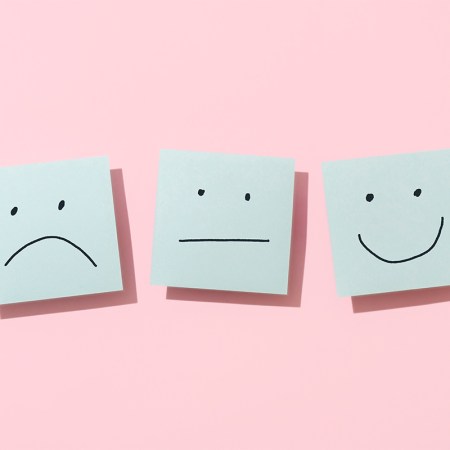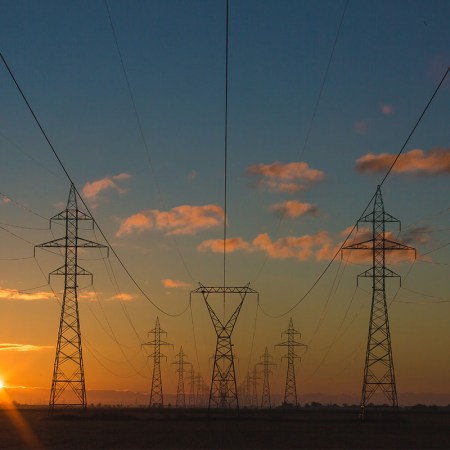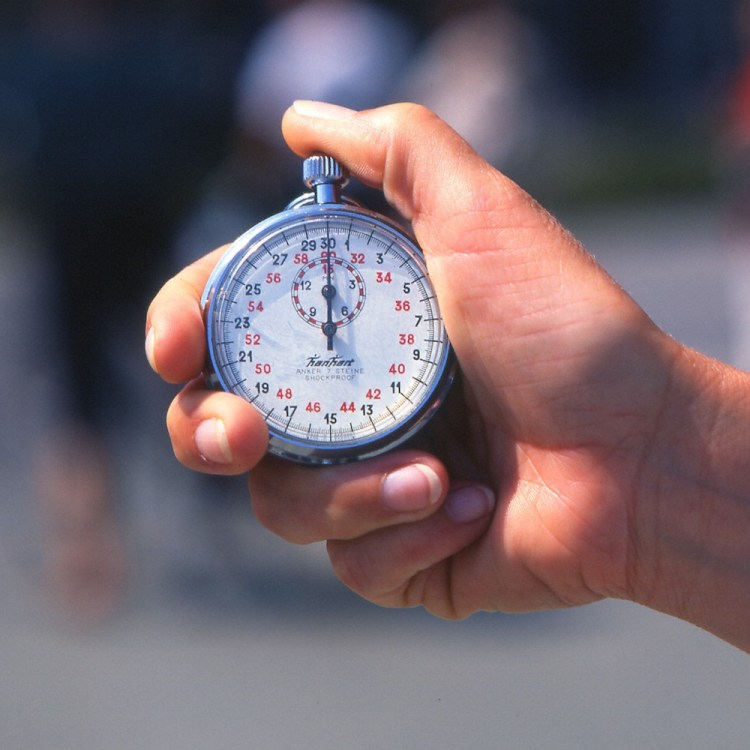There’s long been populist support for Dr. Daniel Kahneman’s 2010 study on the intersection between happiness and income, which concluded that while emotional well-being rises with income, “there is no further progress beyond an annual income of ~$75,000.”
It’s not hard to see why so many of us want this to be true: The median household income in America is $70,784.
The idea that making more than that isn’t all that it’s cracked up to be is a breath of fresh air. It’s a narrative that taps into gentle Gift of the Magi sensibilities and more virulent “Eat the rich!” takes alike. Besides, Kahneman has won a Nobel Prize. If he researched it, it must be so.
But now Kahneman, 13 years later, is essentially saying he was wrong. The Princeton professor recently collaborated on a study with fellow psychologist Dr. Matt Killingsworth, which feels a bit odd, considering the researcher has made a name for himself by arguing the opposite to Kahneman.
In 2021, Killingsworth published a study with the heading: “Experienced well-being rises with income, even above $75,000 per year.” In their new joint study, which is playfully dubbed “an adversarial collaboration,” Killingsworth’s conclusion won the day. Together (and with an assist from an arbiter), they were not able to find an income-related cap on emotional well-being.
In other words, if you’re between the ages of 18 and 65 in the United States of America, and you make anywhere from $10,000 to well past $200,000, earning more money will probably make you happier. It’s time to stop thinking of $100,000/year (let alone $75,000/year) as some sort of spiritual cul-de-sac.
Let Your Friends and Family Be Sad This Year
Always trying to gloss over adversity? You may be guilty of “toxic positivity.”The survey — which involved pinging people at random junctures throughout the day, via an app called Track Your Happiness (which you can download here) — wasn’t exactly unanimous, lending credence to Kahneman’s original study back in 2010. There are certain people for whom more money does little to ease the specter of depression, grief, loneliness or clinical depression.
But these people are a minority, not the norm. As for those filthy-rich, chronically-miserable characters who populate most of our popular media these days (White Lotus, Knives Out, Triangle of Sadness, Succession, The Menu, etc.), all of whom are certainly making more than $200,000 a year, that’s another minority. As Kahneman says, “For most people larger incomes are associated with greater happiness.” Kendall Roy is not most people.
Who stands to gain the most? From a happiness perspective, anyway? Unhappy low-earners. Their “happiness distribution” leaps higher than happy low-earners (a subgroup that does exist!), perhaps because they attribute much of their unhappiness to money troubles.
Keep in mind that money, like companionship, or health, or the last time your team won the Super Bowl, is just another tile in your personal happiness mosaic. It isn’t the be-all-end-all, but it also isn’t completely irrelevant. If you’re lucky enough to bring your income up into six figures or more, life will likely get a little lighter.
The Charge will help you move better, think clearer and stay in the game longer. Subscribe to our wellness newsletter today.



















